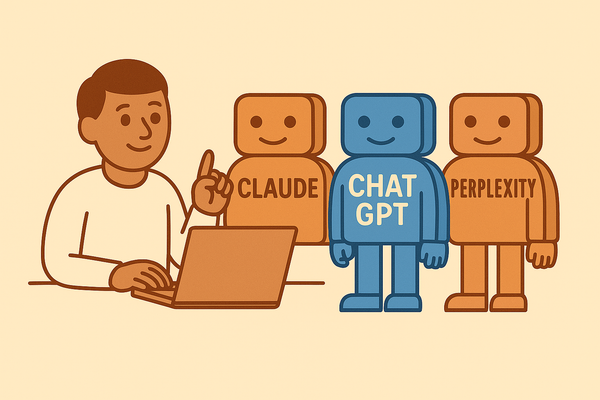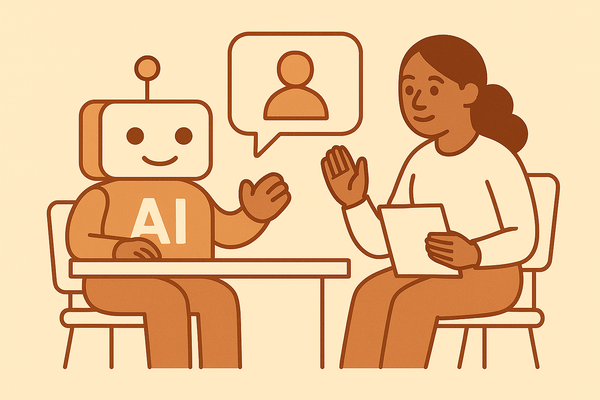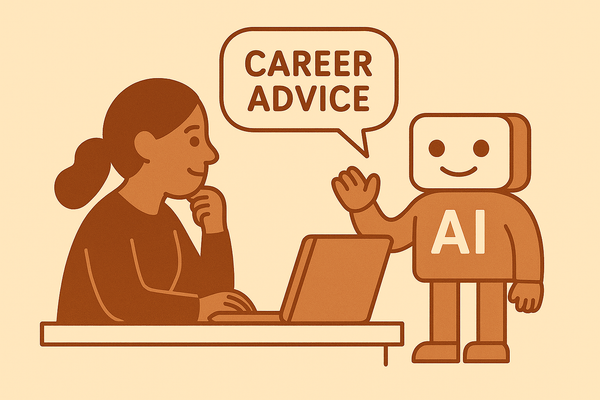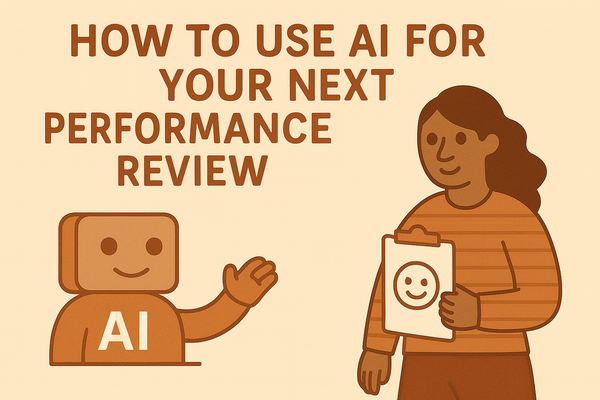Will AI Replace Human Skills? New Research Proves It Won't
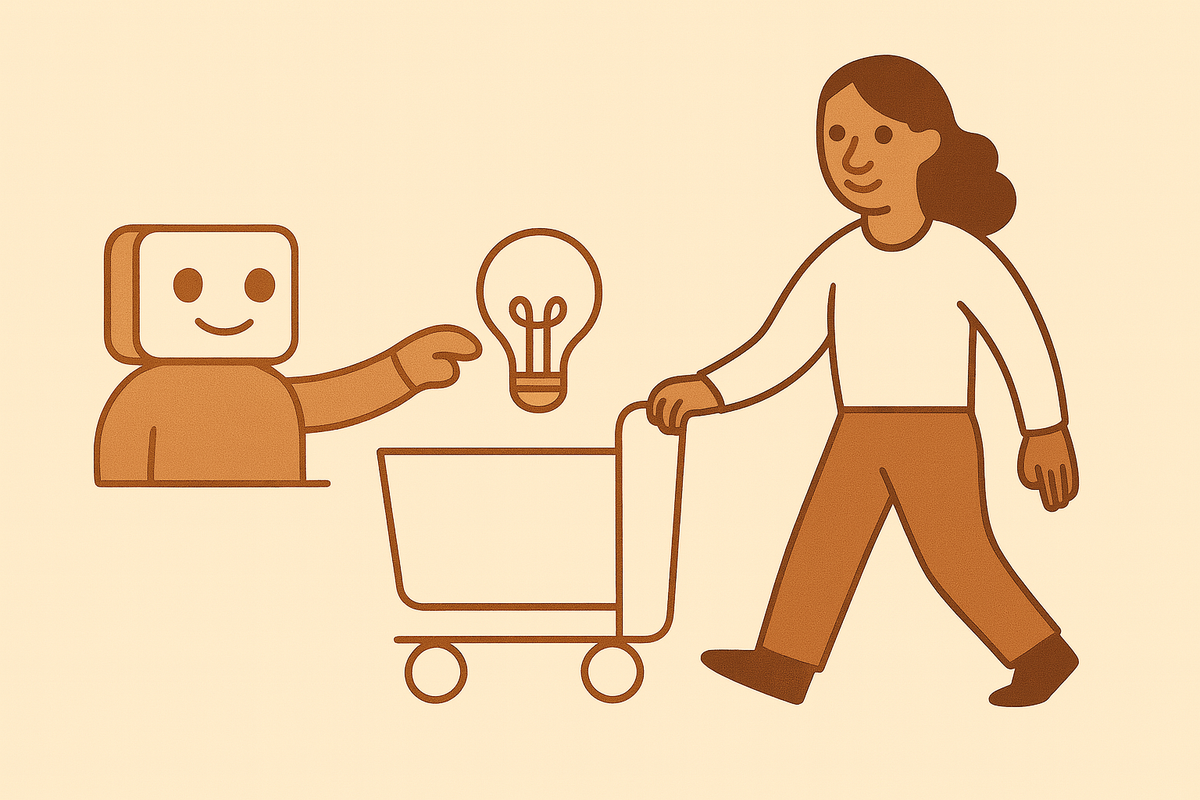
Research confirms what matters most hasn't changed.
A few weeks ago, I wrote about how "soft skills" are becoming the hard skills of the AI era. How reading a room, navigating competing priorities, and knowing when someone says they're "fine" but clearly isn't are becoming the most valuable skills we have.
Well, Harvard researchers just proved this with actual data. And the results are even more interesting than I expected.
Diving into the Data
Harvard had people lead teams through collaborative puzzles. Some teams were all human. Others were human leaders working with AI agents.
The researchers wanted to know what makes teams successful when AI is in the mix.
Here's what they found: The same leadership behaviors that work with humans work just as well with AI. Good leaders succeeded regardless of whether their team was human or artificial. Bad leaders struggled with both.
But the really interesting part? The best leaders weren't the most technically savvy. They weren't the ones who understood AI architecture or could explain how large language models work.
The best leaders asked more questions. They used "we" instead of "I." They showed high emotional intelligence and actually knew their own limitations.
Sound familiar? These are exactly the "soft skills" we've been told might not matter in an AI world.
This might seem like an obvious result on the surface, but here's what's important: We have hard data proving that the same skills work regardless of whether you're leading humans or AI. This isn't just feel-good advice, it's scientifically validated.
What They Actually Tested
The task was designed so that no single team member (human or AI) had all the information needed to solve a problem. The leader's job was to gather information from everyone and synthesize it into a solution.
This setup mimics real work scenarios where information is scattered across team members and success depends on drawing out and combining everyone's knowledge.
The same leadership skills that help you navigate these human challenges work just as well when your team members are AI.
The Behaviors That Made the Difference
The Harvard team tracked exactly what good leaders did differently:
- They asked significantly more questions
- They used "we" language more often than "I" language
- They kept their communications shorter and clearer
- They encouraged more conversational turn-taking
Even more interesting? Leaders who accurately assessed their own performance contributed more to their teams. This wasn't about being humble or confident. It was about actually knowing your real strengths and weaknesses.
For those of us working with AI daily, this translates directly: Those long, command-filled prompts you're writing? Try asking questions instead. That habit of over-explaining? Keep it concise. And that uncertainty you feel about AI? It might actually be your advantage.
Why This Actually Matters
Here's what struck me most: These human skills worked equally well whether leading humans OR AI. Good leadership is good leadership.
Think about what this means. All those years you've spent learning to navigate human complexity? Reading between the lines in meetings? Making judgment calls when there's no clear answer?
That's not obsolete. That's your superpower.
The skills that predicted success weren't technical. They were problem-solving ability, emotional perceptiveness, and decision-making skills. Not coding. Not AI expertise. Not years of experience with large language models.
Your Next Move
Want to test this yourself? Here's a simple experiment:
Next time you use ChatGPT or Claude, instead of commanding "Write me a job description," try asking "What do you think are the most important elements to include in a job description for this role?"
When you treat AI as a collaborative partner rather than a command-line interface, the quality of interaction changes completely.
This isn't about anthropomorphizing technology. It's about recognizing that the skills you've developed for human collaboration work directly with AI too.
The Bottom Line
Stop trying to out-tech the tech. Start being more human.
Your ability to ask the right questions, navigate ambiguity, and work collaboratively isn't becoming less valuable in the AI era. It's becoming the most valuable thing you bring to the table.
The researchers found that knowing your actual strengths and limitations predicted better leadership performance. So here's my challenge: What if you stopped worrying so much about mastering every technical detail and started truly leveraging the human skills you already have?
Because based on this research, that might be exactly what the AI era needs most.

